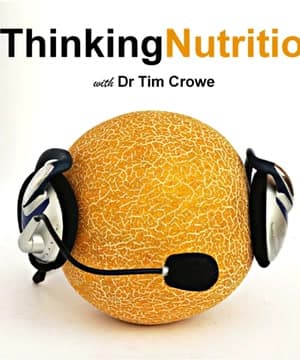Experts underscore the importance of specific dietary and lifestyle choices for combating inflammation:
-
Omega-3 Fatty Acids and Omega-6 Balance:
- Supplementing with omega-3, particularly from small fish like sardines, herring, mackerel, and anchovies, helps reduce inflammatory cytokines 1 2.
-
Fruits and Vegetables:
- Colorful phytochemicals in plant foods (reds, blues, purples, oranges, yellows, greens) significantly reduce inflammation 2 3. A Mediterranean diet rich in these foods is highly recommended 3.
-
Herbs and Spices:
- Turmeric, curcumin, ginger, garlic, rosemary, and oregano have powerful anti-inflammatory properties. Curcumin in turmeric is particularly notable for its effects 1 2 4.
-
Healthy Fats:
- Extra virgin olive oil, especially high polyphenol versions, contains compounds like oleocanthal and hydroxytyrosol which are potent anti-inflammatories 3 5 6.
-
Probiotics and Prebiotics:
- Probiotic foods (such as kimchi, sauerkraut, and miso) and prebiotic fibers (from foods like artichokes, asparagus, and plantains) support gut health and lower inflammation 3 2.
-
Protein Sources:
- Grass-fed meats and wild-caught seafood are recommended over conventionally raised animal products to avoid inflammation-inducing chemicals like pesticides and antibiotics 6 4.
-
Hydration and Fasting:
- Proper hydration helps reduce inflammation, and intermittent fasting can give your gut a rest, stabilize insulin levels, and lower inflammation 7 6.
-
Exercise and Lifestyle:
- Regular physical activity, especially when balanced and moderate, is anti-inflammatory. Practices like yoga or meditation also help manage inflammation by reducing stress 5 1.
Implementing these dietary and lifestyle strategies can help manage and reduce chronic inflammation, supporting overall health and wellness.



